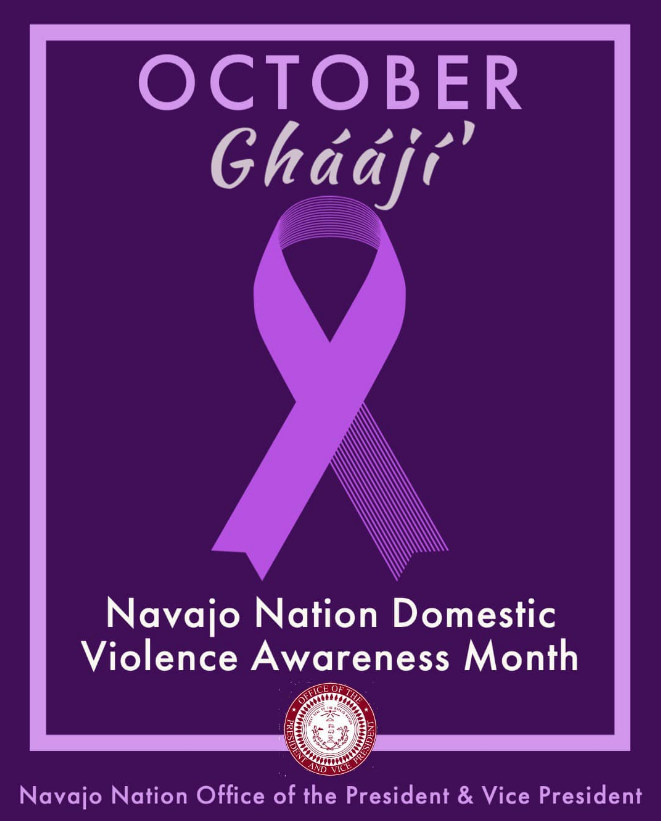Through proclamation issued by Navajo Nation President Jonathan Nez and Vice President Myron Lizer, the month of October has been declared “Navajo Nation Breast Cancer Awareness Month” to support individuals battling breast cancer, honor breast cancer survivors, and to raise awareness and encourage the public to get screened for the disease.

“As I visit our communities, I hear from many people and families who are touched by the pain and challenges caused by breast cancer. During Navajo Nation Breast Cancer Awareness Month, we honor and remember those who lost their lives to breast cancer and recognize the strength and resilience of those who overcame the disease. We have to remember that men and women can be diagnosed with breast cancer, but women are at higher risk. We encourage everyone to get screened and to be mindful of their overall health. Awareness, early detection, and treatment can save many lives,” President Nez said on Monday.
The proclamation states that breast cancer is the most commonly diagnosed cancer among Navajo women at a rate of 60 per 100,000 women. The Navajo Department of Health encourages individuals to get regular cancer screenings to reduce the risk of developing breast cancer.
The Navajo Breast and Cervical Cancer Prevention Program will provide mammograms throughout the month of October – a schedule is forthcoming. Public health officials recommend mammogram screening for women over 40 years of age every one to two years to lower risks.
The Navajo Office of the President and Vice President encourages the public to wear the color pink during the month of October, to support individuals battling breast cancer, honor breast cancer survivors, and to raise awareness and encourage people to get screened for cancer.
More Stories Like This
Johns Hopkins Collecting Tribal Success Stories from $1.5B Opioid SettlementArizona MMIP Task Force Holds Listening Session for Survivors and Families
‘A good stew is a story’ Blackfeet buffalo rancher shares Three Sisters Buffalo Stew recipe
National Indian Health Board Urges Congress to Extend Enhanced Premium Tax Credits
$1.25 Million Grant Gives Hope to Tolowa Dee-ni' Nation Amid Housing Crisis


